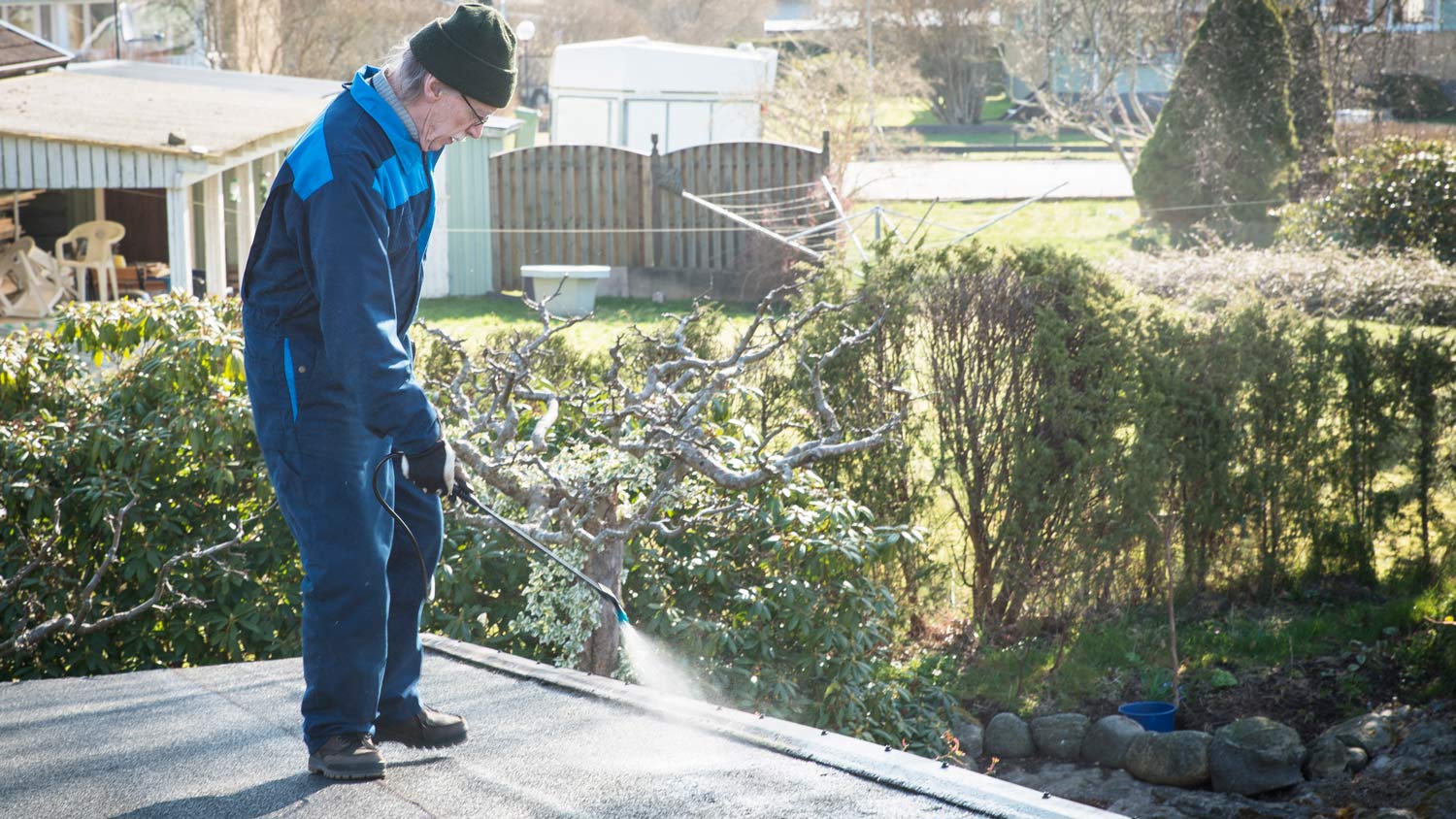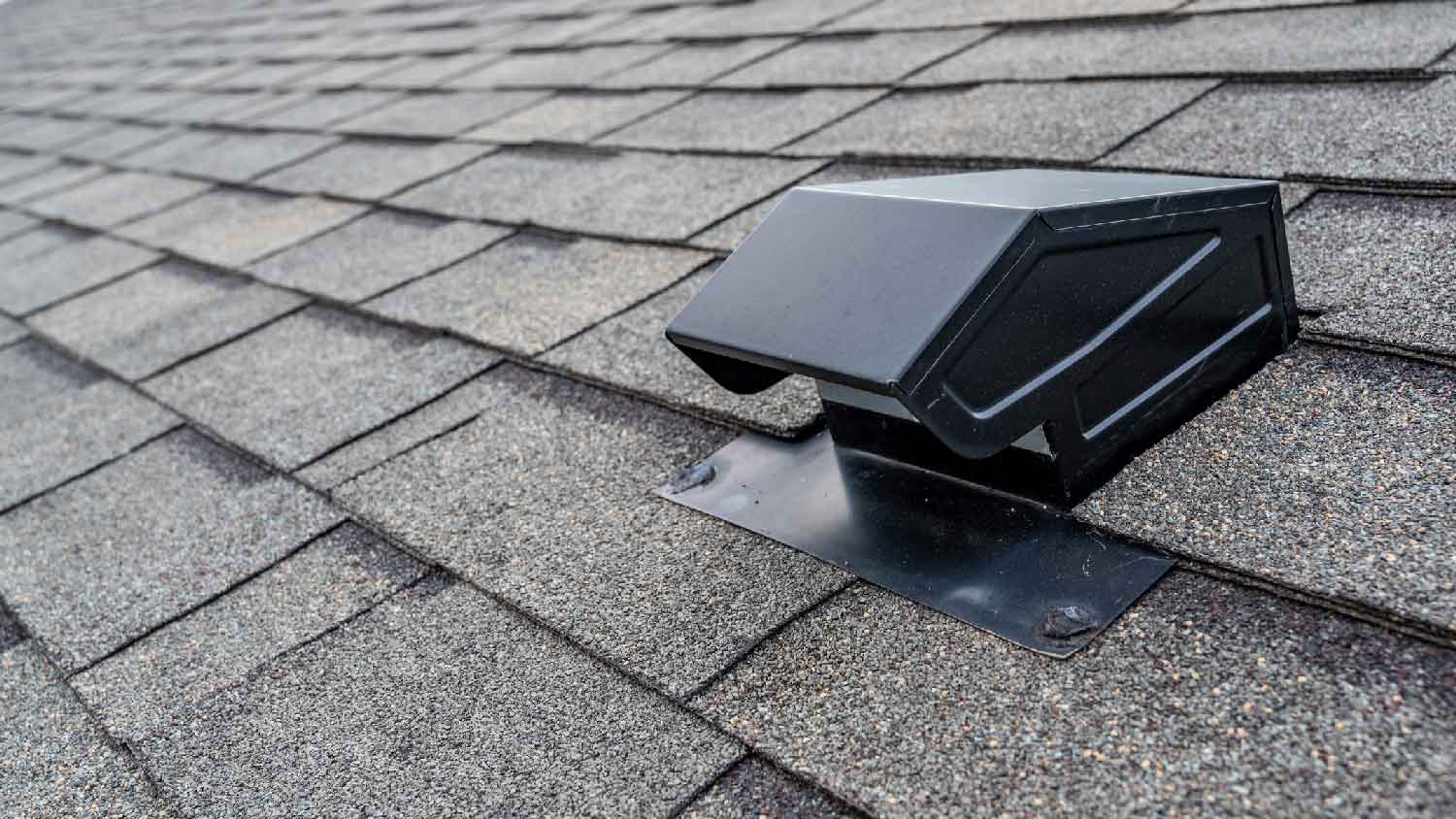
Get matched with top gas log pros in Pilot Rock, OR
Enter your ZIP and get matched with up to 5 pros
Need a pro for your gas log service project in Pilot Rock, OR?
Verified Reviews for Gas Log Service pros in Pilot Rock, OR
*The Angi rating for Gas Log Service companies in Pilot Rock, OR is a rating based on verified reviews from our community of homeowners who have used these pros to meet their Gas Log Service needs.
*The HomeAdvisor rating for Gas Log Service companies in Pilot Rock, OR is a rating based on verified reviews from our community of homeowners who have used these pros to meet their Gas Log Service needs.
Last update on December 11, 2025
Find Gas log pros in Pilot Rock
No results for Gas log pro in
Try adjusting your search criteria.The homeowners guide to home care is here
From average costs to expert advice, get all the answers you need to get your job done.

Your mobile home roof replacement cost is determined mainly by size and materials. Here's what you need to know when budgeting for the project.

Spray foam roofing is a budget-friendly option to protect your home from energy loss and water damage. Learn how much spray foam roofing costs.

Need to add to your shed’s life span and protect your belongings inside? Use this shed roof replacement cost guide to see what your project will total.

Understanding roof rafter sizes is critical to ensure your project is structurally sound and up to code. Learn about sizes, spacing, and code requirements.
 •
•This guide lays out the cost to install a roof vent on your home depending on the type of ventilation that's best for your roof based on several factors.

Homeowners can fill a gap between their roof and wall with sealant or wire mesh. Here are three steps to help you get the project done safely.
- Kitchen And Bath Remodeling in Pilot Rock
- Plumbing in Pilot Rock
- Pest Control in Pilot Rock
- Painting in Pilot Rock
- Electrical in Pilot Rock
- Septic Tank in Pilot Rock
- Windows in Pilot Rock
- Leaf Removal in Pilot Rock
- Flooring in Pilot Rock
- Plumbing in Pilot Rock
- Roofing in Pilot Rock
- Kitchen And Bath Remodeling in Pilot Rock
- Tree Service in Pilot Rock
- Electrical in Pilot Rock
- Fencing in Pilot Rock
- Landscaping in Pilot Rock
- Exterior Painting in Pilot Rock
- Lawn And Yard Work in Pilot Rock
- Pest Control in Pilot Rock
- Moving in Pilot Rock
- Concrete Repair in Pilot Rock
- Siding in Pilot Rock
- Flooring in Pilot Rock
- Garage Doors in Pilot Rock
- Excavating in Pilot Rock
- Windows in Pilot Rock
- Gutter Cleaning in Pilot Rock
- Septic Tank in Pilot Rock
- Foundation Repair in Pilot Rock
- Insulation in Pilot Rock
- 🌱 "Mow a small front yard"
- 🛠 "Fix a leaking pipe under the sink"
- 🏠 "Repair shingles on an asphalt roof"





